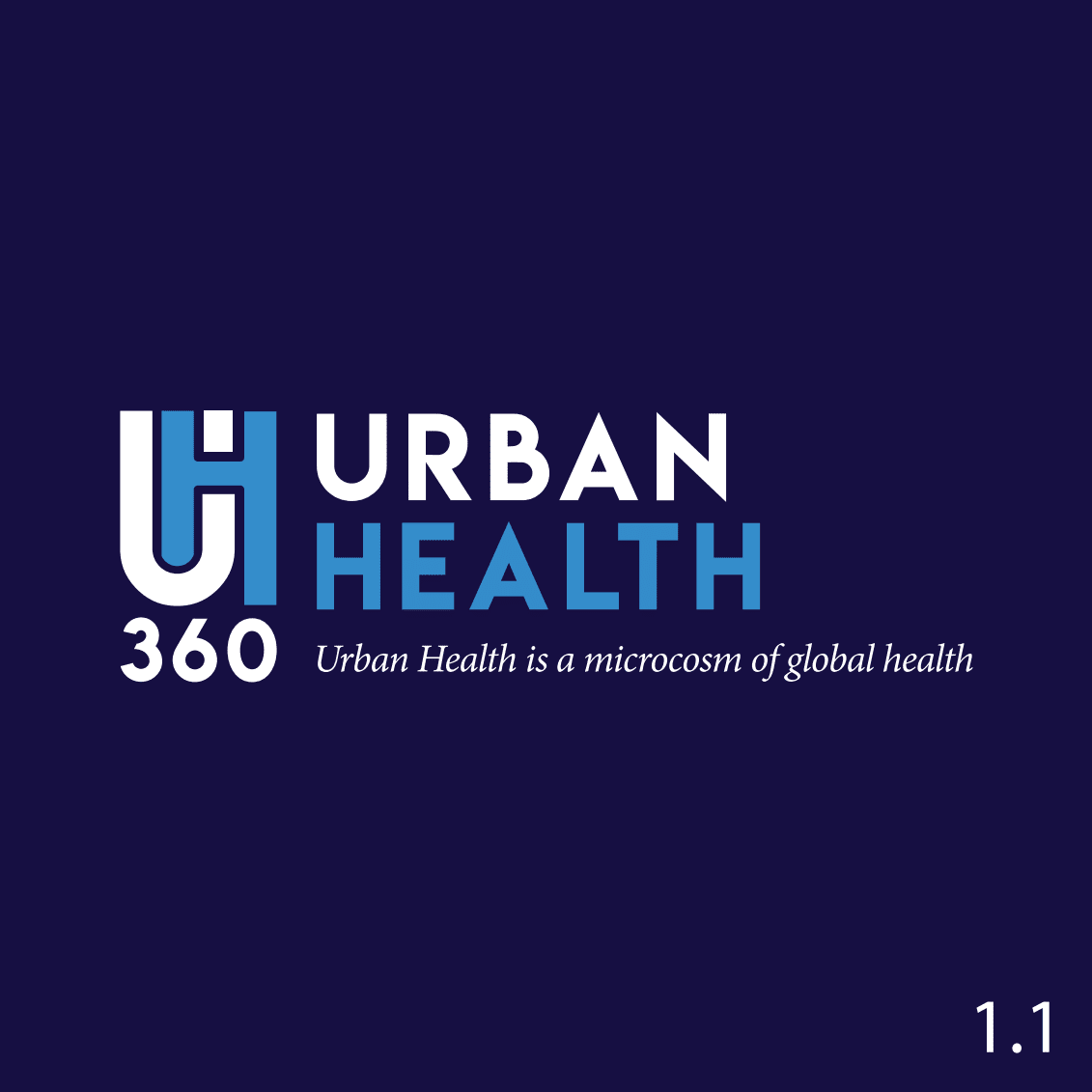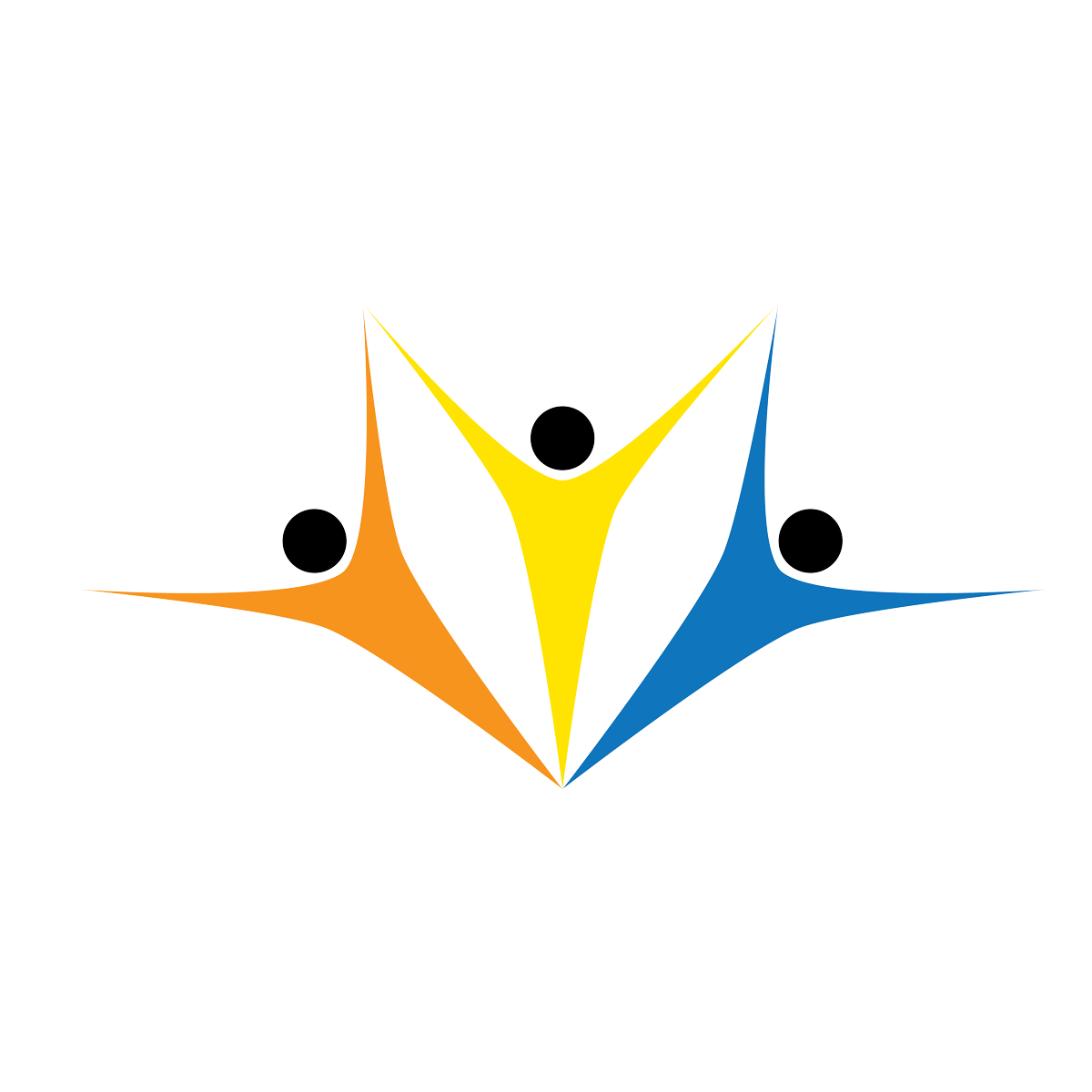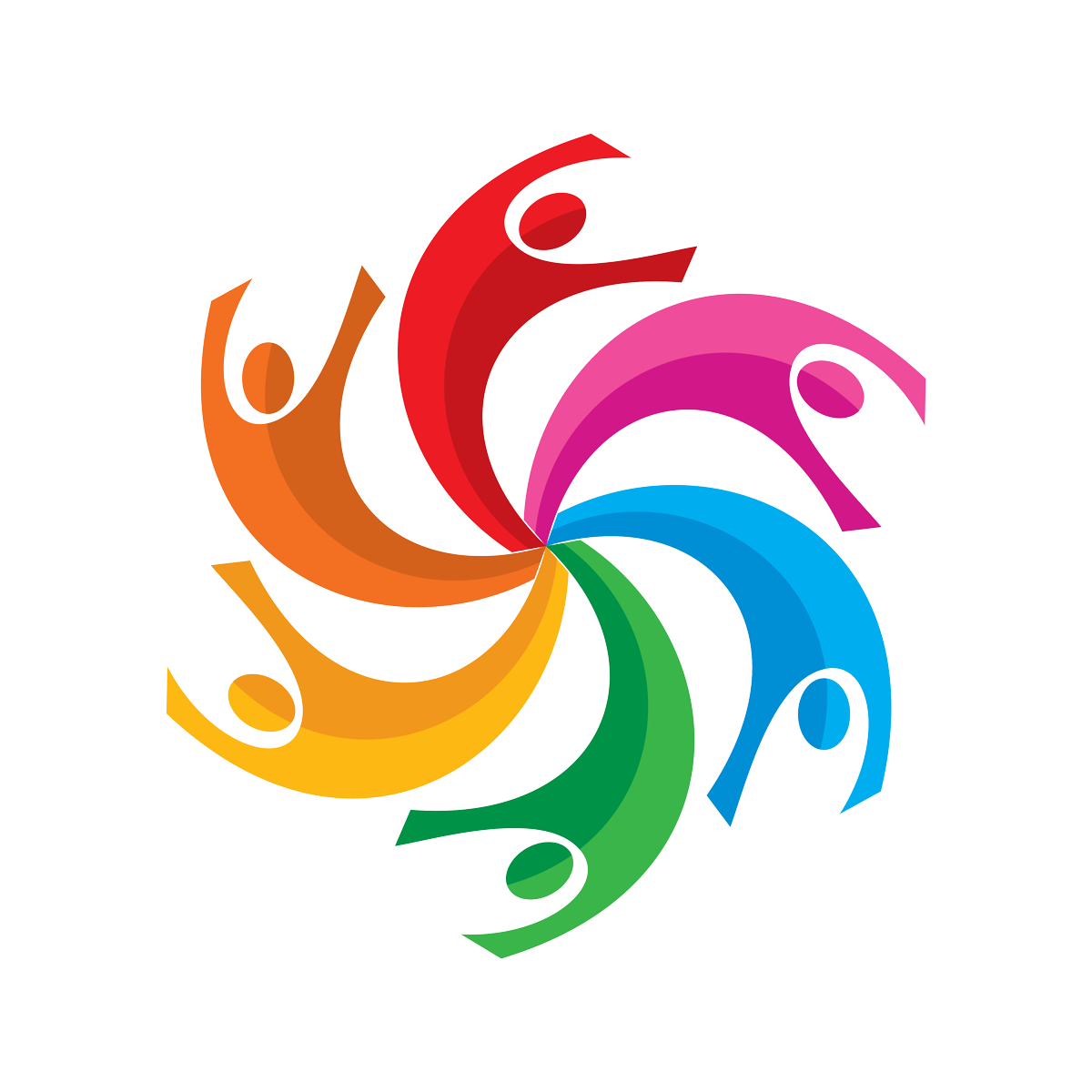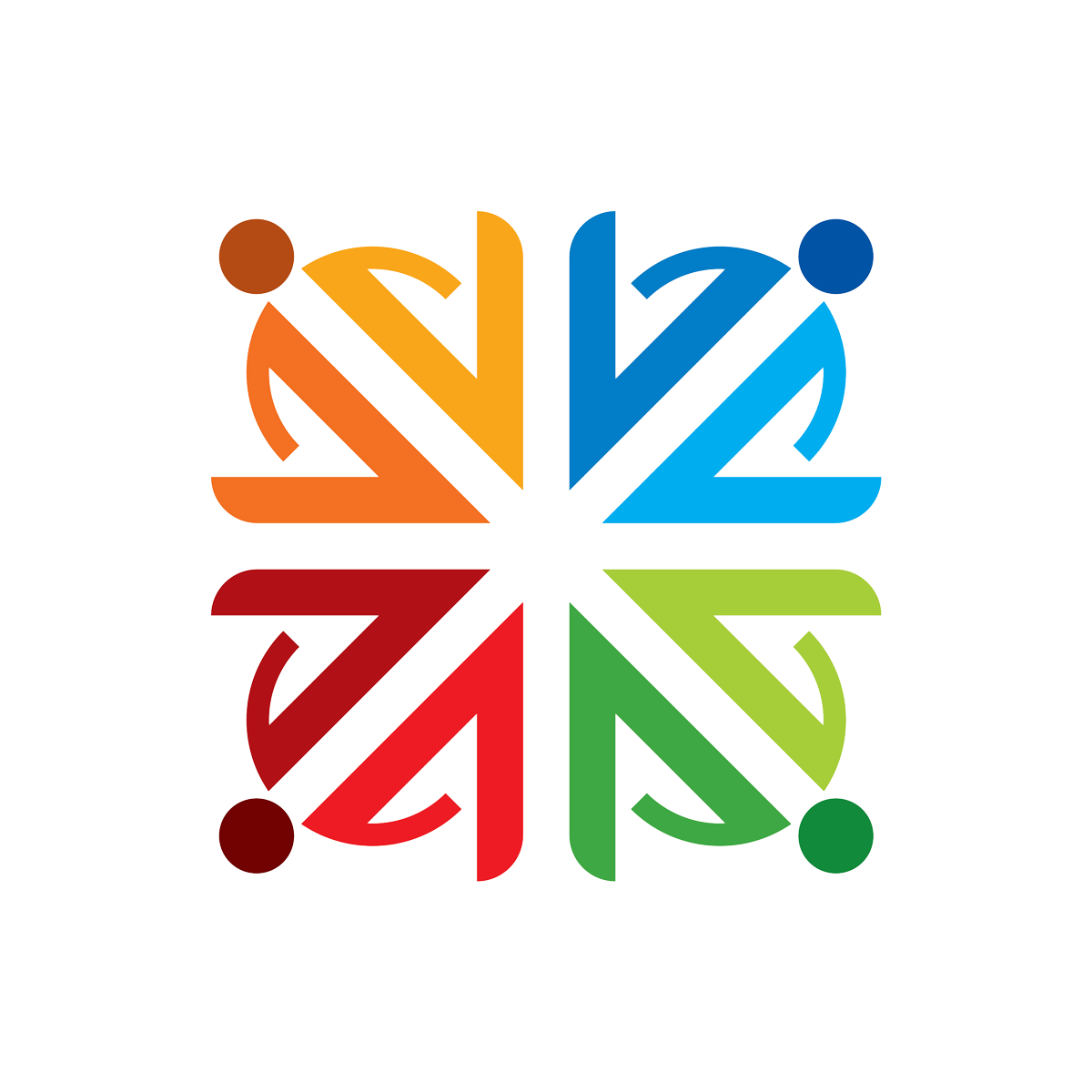The Opoji Project
A Virtual Treatment and Learning Program- Urban Health 360’s intent is to bridge the divide between the science of urban health and the knowledge, awareness, and practice of health in urban poor communities.
- Our signature project is a Virtual Treatment and Learning Program in the Esan Central local government area in the Edo Central senatorial district of Nigeria.
- This project is a collaboration between Urban Health 360, World Telehealth Initiative, and Precious Gems Charity.

World Telehealth Initiative (WTI), Urban Health 360 (UH360), and Precious Gems Charity (PGC) formed a partnership to equip the Opoji Comprehensive Health Centre with access to the Teledoc network and virtual care devices to enable philanthropic medical support for clinicians and patients via telehealth.
WTI will place two devices in the community: one at the Opoji Comprehensive Health Centre and one at a primary health care provider with associated networks in and around Opoji. These devices are governed by the WTI-PGC-UH360 Partnership.

Clinicians and students provide public health education on good hygiene practices and vector prevention and control to community members through awareness campaigns and clinics.

The devices provide access to WTI’s Teledoc network and virtual care program and enable philanthropic medical support for clinicians and patients via telehealth.

Access to the Teladoc network and virtual care devices in Opoji is expected to make a difference for the health of the residents of Opoji and surrounding communities.

Our partner, Precious Gems Charity, works with clinicians and community mobilizers on the ground to assess community engagement, mobilization, and health learning.
Precious Gems Community Outreach
for Collaborative Community Action

Overview
UH360 utilizes country-level and state-level data from the Demographic and Health Survey (DHS) and the UN-Habitat to describe the country and state-level health and population dynamics. Our partner, Precious Gems, has an active data collection process for assessing community-level disease patterns and changes in health outcomes. Through our Research Fellows, we will gather ethnographic data to assess community engagement and health learning. Treatment data generated through the Teladoc network will be combined with these data to assess change in treatment outcomes. Geospatial data collected by our Research Fellows will provide insights into the distances travelled by residents to receive treatment and care. These combined data will be used to engage community leaders and other stakeholders in solution building and the implementation of practical strategies for better health outcomes.
Access to the Teladoc network and virtual care devices in Opoji is expected to make a difference for the health of the residents of Opoji and surrounding communities.
Anticipated
Changes
The anticipated benefits include:
- The provision of curative, preventive, and rehabilitative health services to the 13 communities that comprise Opoji Kingdom.
- Management and care of patients even with limited facilities.
- Use of the Teledoc network and virtual care devices will help build capacity of the local health care team and reduce brain drain and retain health care workers in the community.
- The provision of health care services for the underprivileged whose burden of disease is often times considerably higher than their ability to access health care.
- The provision of training opportunities for different categories of health care workers at Irrua Teaching Hospital – nurses, allied health workers, physicians in training, residents, and consultants.
- Reduction of the need to refer complicated cases to faraway places – i.e., medical facilities in other parts of Nigeria and in other African countries. Such referrals often impose significant travel and financial burden on families and often result in unnecessary mortality.
Implementation,
Awareness &
Documentation
This treatment and learning program will have three key parts:
- The Implementation and use of the devices for treatment, teaching, and capacity building.
- Outreach and awareness campaigns for the of residents of Opoji Kingdom and key stakeholders in the Kingdom.
- A process and outcome evaluation to demonstrate how the program is being effective.
Data Collection & Visualization
Community of Citizens
- Accessibility to Care
- Change in awareness of health issues
- Distance traveled for care
Community of Care Providers
- Change in training and accessibility to training
- Frequency of use of the devices for diagnosis and treatment
- Change in the quality of care
Community of Key Stakeholders and Municipal Leaders
- Changes in community health
- Needed changes in public health system
- Shared accountability
Our Theory of Change
Implementation and Capacity Building
Implementation will comprise of the following important activities and measurement milestones:
- Receipt of the devices
- Accountability and care
- Multi-user training and capacity building
- Usage reporting to WTI
Community Engagement
- Creation of a Community Board
- Reception and commissioning process upon arrival and unveiling of the devices
- Awareness and sensitization campaigns to engage and enlighten all community members and key stakeholders on the benefits of the device for the health of the community.
- Stakeholder and key-person interviews and consultations to ensure adequate dissemination of information about the devices, including how they will be utilized and the benefits to the community.
Evaluation – Process & Outcome
- Data collection & visualization
- Reporting back to the Community





